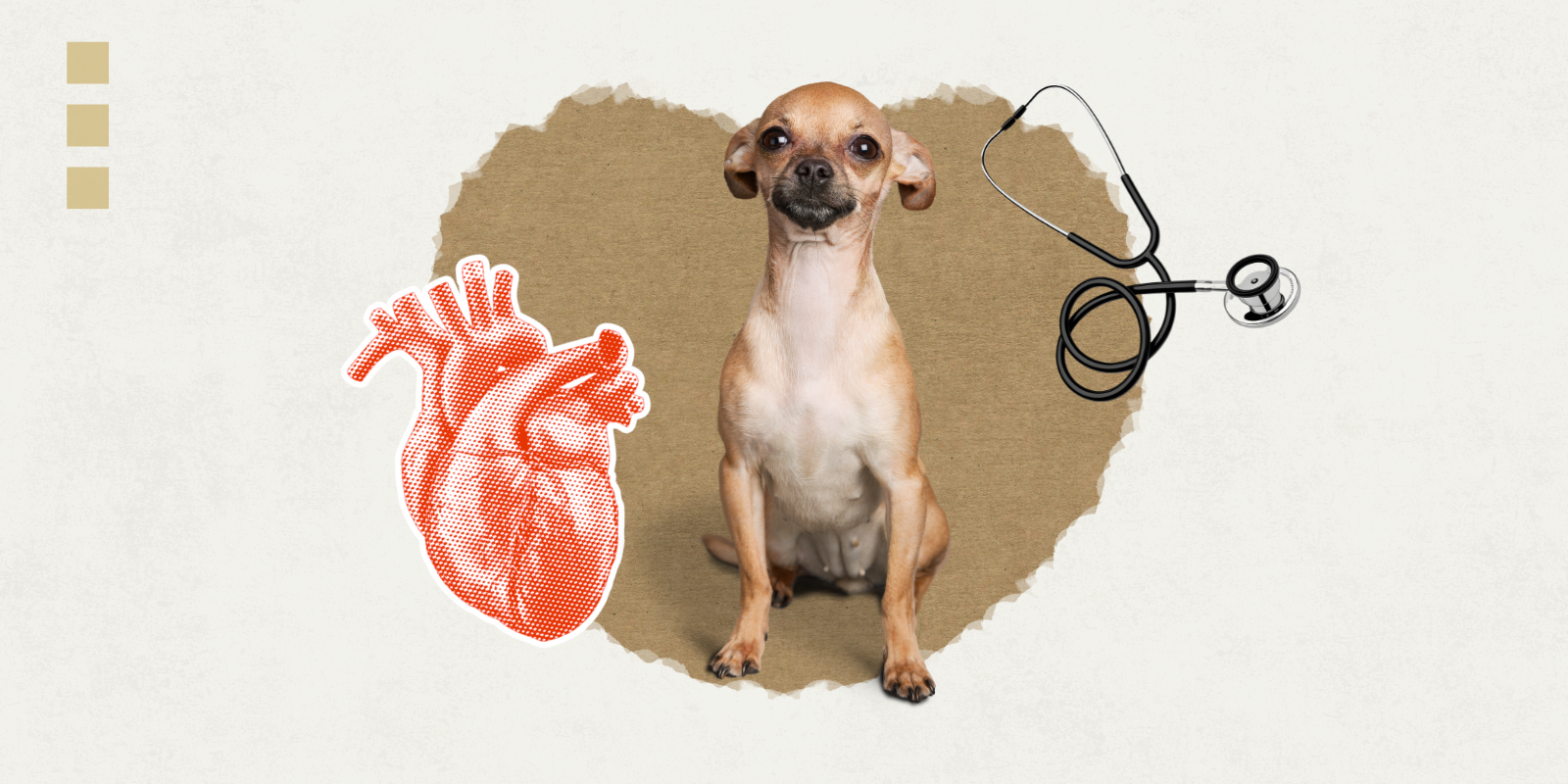The gut microbiome is a relatively new area of study, especially as it relates to pregnancy and how maternal diet and weight can impact it across the three trimesters of a pregnancy.
In research recently published in the journal Nutrients, Meghan Ruebel, PhD, lead nutrition fellow in the lab of Kartik Shankar, PhD, professor of pediatrics in the Department of Pediatrics, found associations between maternal diet, body composition, and the gut microbial ecology. The research findings were consistent with a growing consensus that dietary interventions during pregnancy could help to regulate the maternal gut microbiome and potentially impact offspring health.
“Ultimately, we’re really looking to understand how transmission of obesity risk may pass from the mother and how her microbiome may impact mom‘s and baby’s health,” Ruebel explains. “But the first step is to understand how the gut microbiome is changed during pregnancy, and whether body composition and diet contribute to those changes.”
Studying gut microbiome across three trimesters of pregnancy
The microbiome is the complex ecosystem of trillions of microorganisms that live inside every human body and can include not only bacteria, but fungi, viruses, and parasites. The largest number are found in the large and small intestines, but they live throughout the body.
“In what we call the gut, you can have bacteria that perform a number of essential functions,” Ruebel says. “You can have good bacteria that help with digestion or synthesize vitamins, for example, and you can have bacteria that could be potentially harmful and do things like send signals to your immune cells.
“There’s a lot of research looking to understand how the gut microbiome influences other processes in our bodies. Since our gastrointestinal system helps with digestion and absorption of food, it would make sense that diet can influence it.”
Ruebel became interested in studying how obesity impacts mom’s and baby’s health by studying the gut microbiome as one possible mechanism. There have been previous research that examined gut microbiome changes in pregnancy focusing on specific trimesters or on the microbiome post-partum, but not specifically across pregnancy like we did in this study She also was interested in studying possible corollaries between body composition, dietary intake and gut microbiome.
“We know from animal studies that obesity during pregnancy has a large impact not only on the mom’s health, but also on the offspring’s,” Ruebel explains. “Usually, women with obesity have a greater risk for pregnancy complications, and there’s evidence that their children have a higher risk for obesity in childhood.”
The research focused on study participants who were considered normal weight based on their pre-pregnancy body mass index (BMI) and participants whose BMIs were in the overweight/obese categories. Researchers collected fecal samples at 12, 24, and 36 weeks of gestation, looking not only at the variation of microbes in a single sample, but the variation of microbes between samples. Researchers also collected participants’ dietary intake and summarized participant’s intake across the three trimesters.
Learning to better communicate the science
“There’s evidence that obesity alone can change the gut microbiome, but I did not go into this study anticipating there would be any difference in a participant’s gut microbiome between trimesters and there was,” Ruebel says. “I also hypothesized that we would see some changes related to diet and I thought they would be related to protein and fiber intake, but I did not anticipate as many of the saturated and polyunsaturated fatty acids that we found.”
Identifying which aspects of a woman’s diet associate with her gut microbiome during pregnancy is crucial because it may lead to dietary intervention strategies that might help mitigate weight gain and improve women’s metabolic health during pregnancy, Ruebel says. Her research found that maternal obesity modifies the associations between a woman’s gut microbiome and her diet, and also that maternal obesity and diet influence the makeup of the gut microbiome.
For example, Ruebel’s research suggests that omega-3 and omega-6 intakes during pregnancy may correlate with a greater presence of helpful Ruminococcus bacteria, which aid digestion, in the gut microbiome of women with normal weight BMI classification.
Ruebel says a long-term goal for this and subsequent research is to develop dietary interventions that positively impact gestational weight gain, and to evolve how conversations about weight gain occur so that women with overweight or obesity aren’t shamed or stigmatized.
“One of our main challenges is learning how to better communicate the science so that it means something to non-researchers and so there’s more of a partnership in behavior change,” Ruebel explains. “Now we have evidence to suggest an associations between the gut microbiome during pregnancy based on body mass index and diet, and we need to keep unravelling this further so we can say this is how that might affect your health and your baby’s health.”




